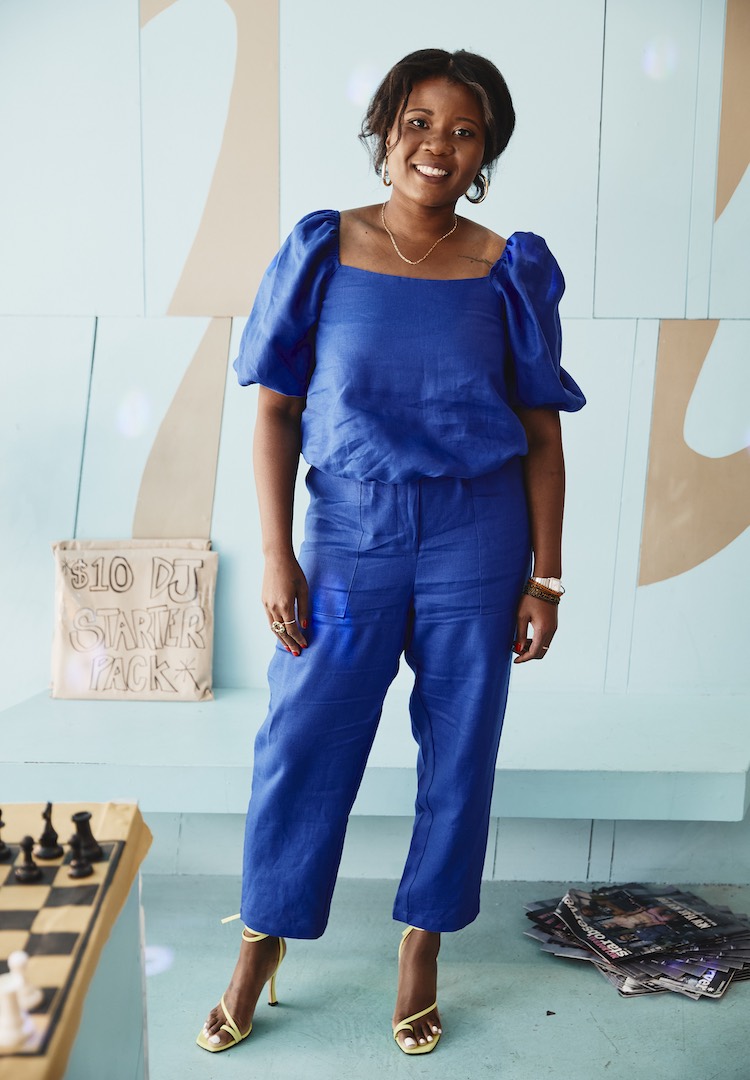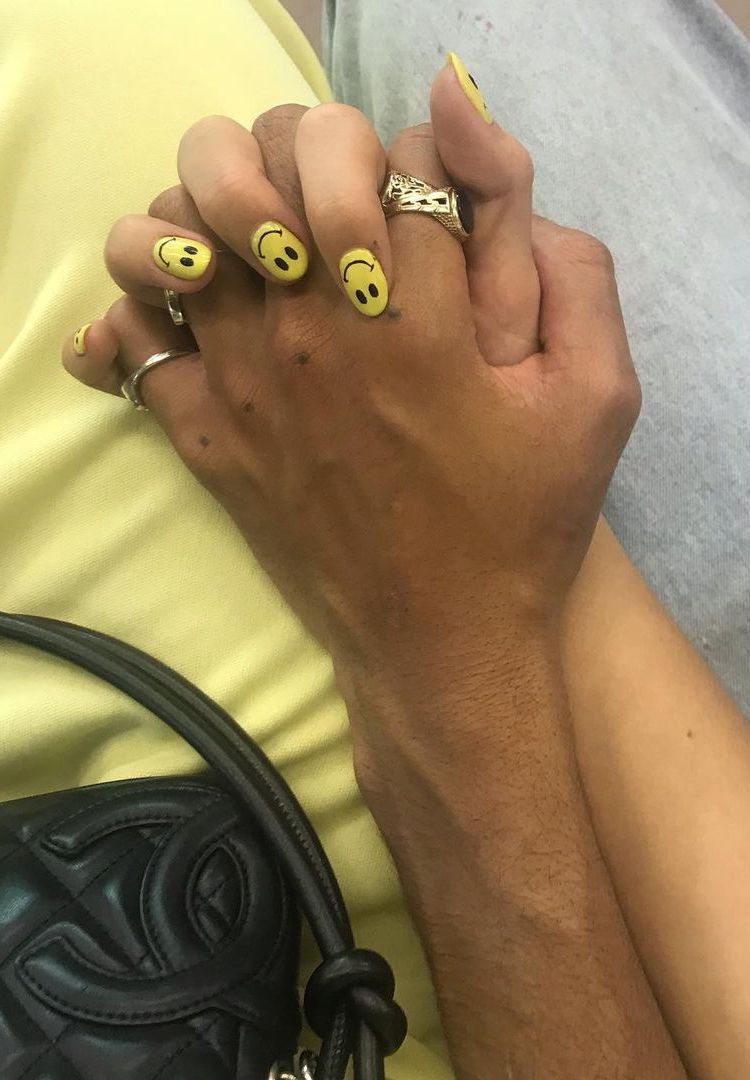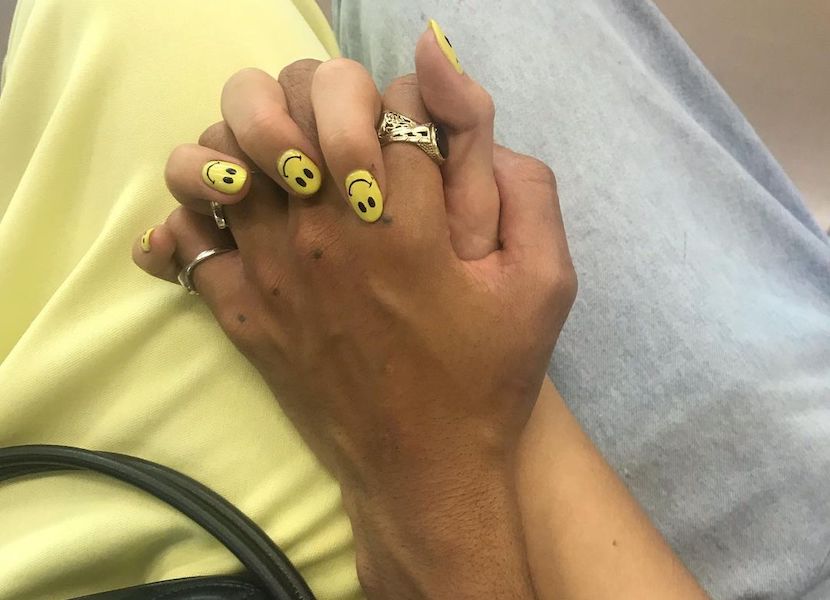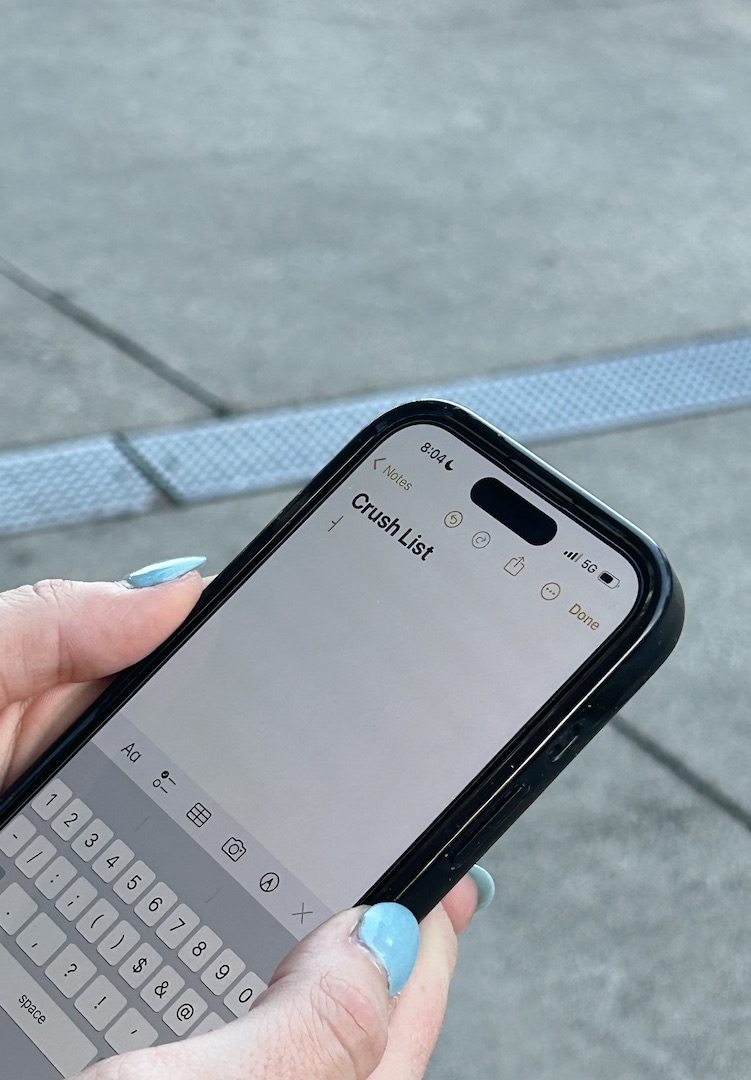What is ‘ethical non-monogamy’ and how can you make it work for you?
IMAGE VIA @LIRISAW/INSTAGRAM
WORDS BY IZZY WIGHT
“Each connection is built piece by piece, allowing for active and authentic interaction.”
We’ve all encountered a bad dating profile. It’s subjective, yes – but there are certain indicators (a fedora, the drooling emoji, any photo where a man is holding up a fish) I feel are universal red flags. It’s not just in the visuals, either. So much can be revealed in the 400-or-less characters it takes to make up a bio. To this day, I blame cishet White men for the villainisation of the word ‘entrepreneur’.
The descriptor ‘polyamorous’ was one of those Tinder bio red flags that started to activate my dating fight-or-flight. Often sandwiched between ‘420 friendly’ and ‘gym junkie’, it was a term I associated with the sleazy playboys whose opening line was usually asking for a picture of my boobs. I knew non-monogamy wasn’t inherently bad – there’s a lot of misinterpretation in online dating – but in that context, it felt synonymous with something more sinister.
For more sex advice, head on over to our Life section.
This was a few years ago now. I had purple ombre hair, a closet full of bodycon dresses and, like most, a more close-minded view on the world of sex, love and relationships. Non-monogamy has come a long way in the last five years and the rise of apps like Feeld and #Open have given space for open-minded dating exploration. In general, we’re more familiar with the correct terminology, more open with our conversations and more honest with our desires.
You might have noticed that the common thread in most modern non-monogamous relationships is the prefix ‘ethical’. I had a rough idea of what ‘ethical non-monogamy’ meant but instead of looking it up, I chose to use it liberally and hope my interpretation was correct. You’d think I would’ve learnt by now after the ‘irony’ incident.
Thankfully, my definition was pretty on the money. To save you from playing the lazy vocabulary guessing game, let’s talk about ethical non-monogamy.
What makes non-monogamy ‘ethical’?
Non-monogamy is a wide-reaching umbrella that encompasses a variety of different relationship configurations/sexualities: polyamory, open relationships, threesomes, throuples and beyond. While it may vary slightly from person to person, ethical non-monogamy is essentially when everyone involved is being treated with respect and understanding, when there’s clear-cut communication between all parties and explicit and enthusiastic consent is given. Kind of the goal for all relationships, no?
Logically, I figured the existence of ‘ethical’ non-monogamy implied that there was an ‘unethical’ counterpart – but that’s not really the case. According to an article by queer activist and writer Zachary Zane, the word ‘ethical’ is just “thrown in to make it abundantly clear that non-monogamy differs from cheating and lying to your partner. In ethically non-monogamous relationships, all partners are aware of the dynamic and consent to their partner(s) either dating or having sex outside of the relationship.”
Is it what you want?
My close friend Lilly* has been in ethically non-monogamous, polyamorous relationships for a little while now. She’s been very receptive to my constant barrage of questions (even the dumb ones, of which I have many) and has found her experiences with ethical non-monogamy to be positive, honest and eye-opening.
“It can create fulfilling relationships because you’re constantly assessing what your partners want from you and at what capacity,” Lilly explains. “To move forward, you need to make sure your communication is open, easy and fluid.”
Prior to becoming ethically non-monogamous, Lilly experienced monogamous relationships which lacked communication, understanding and growth. “For that reason, I considered this somewhat of a build-a-relationship method. Diverging from society’s default rules allowed me to create relationships ideally suited to my needs and wants. Each connection is built piece by piece, allowing for active and authentic interaction.”
Maybe you’ve never found complete satisfaction in monogamy or there’s a new relationship dynamic you’d like to explore. Ethical non-monogamy is no easy feat and, like any relationship(s), requires comprehensive emotional tools to keep everything running smoothly.
Understanding your limits
The question Lilly is asked most often is ‘But how does it work?’ While each relationship might have its own boundaries and terms, Lilly explains that the foundation is simple.
“As cliche as it sounds, communication really is key – that includes both with yourself and other parties involved. Non-monogamous relationships require constant check-ins. It can be daunting but ultimately leads to exponential personal growth and understanding of who we are as individuals.”
At its core, ethical non-monogamy thrives on the same principles as all happy, healthy relationships – monogamous or otherwise – just in different capacities. I can’t tell you what to do, but I can leave you with Lilly’s parting wisdom. “Be honest with yourself. How do you truly feel, underneath all of your learnt relationship behaviours? What do you really want?”
*Name has been changed for privacy reasons.
To learn more about the benefits of ethical non-monogamy, head here.













